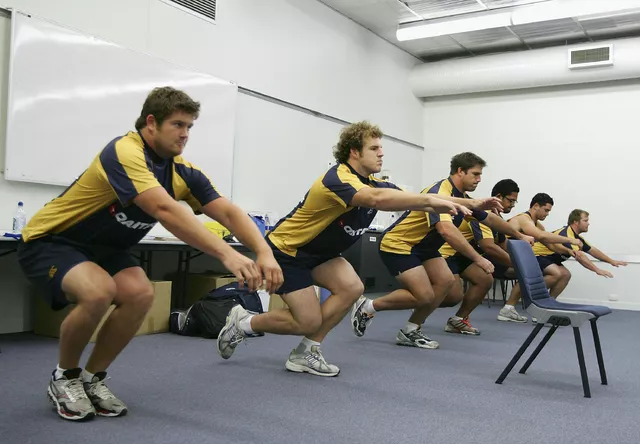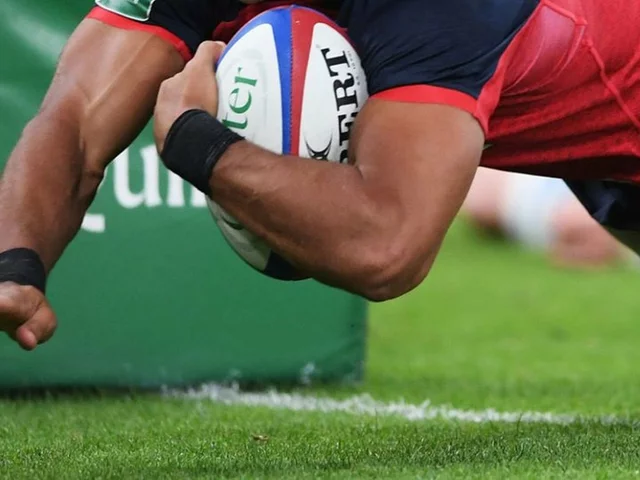Understanding the Game of Rugby
Rugby is a physically demanding sport that requires not only strength and endurance, but also strategic thinking and a good understanding of the game’s rules. The game is played with two teams, each consisting of 15 players, and the aim is to score more points than the opposition through tries, conversions, penalty kicks, and drop goals. It's a sport that tests your physical and mental resilience. It's not just about the size; it's also about skill, agility, speed, and endurance.
When we talk about size in rugby, we're not just talking about height and weight. We're also referring to the size of your heart and your passion for the game. The size of your ambition, your determination, your resilience, and your desire to win. These are all essential qualities that every rugby player needs, regardless of their physical size.
The Role of Size in Rugby
In rugby, your size can influence the position you play on the field. For instance, players in the forward positions are typically larger and stronger because they are involved in the scrum and lineouts, where physical strength is crucial. On the other hand, backs are generally lighter and faster, as their role involves more running and requires speed, agility, and good ball-handling skills. But that doesn't mean that if you're a bigger person, you can't be a back, or if you're smaller, you can't be a forward. It all comes down to your skills and your understanding of the game.
While size can be an advantage in certain situations, it's not the be-all and end-all in rugby. Many smaller players have succeeded at the highest level of the game because of their speed, skill, and tactical understanding. So, if you're worried about your size, remember that it's just one aspect of your overall rugby toolbox.
Physical Requirements for International Rugby
Playing rugby at the international level requires a high level of fitness. You need to be able to run, tackle, and play for 80 minutes without getting too fatigued. This means that you need to have good cardiovascular fitness, strength, and endurance. You also need to be able to recover quickly from the physical demands of the game, as international rugby matches are often played just a week apart.
Size can be beneficial in international rugby, but it's not as important as fitness and skill. The average size of an international rugby player varies by position, but most players are between 5'8" and 6'5" tall and weigh between 180 and 250 pounds. But remember, these are just averages. There are many successful international players who fall outside these ranges.
Skills Over Size
While size can give you an advantage in certain aspects of rugby, the most important thing is to develop your skills. This includes passing and catching the ball, tackling, rucking, mauling, and kicking. These skills can be developed through practice and coaching, regardless of your size.
Having a strong rugby IQ is also essential. This means understanding the rules of the game, reading the play, making good decisions under pressure, and working well as part of a team. These mental skills are just as important as physical size and strength, if not more so.
Conclusion: The Right Size for Rugby
In conclusion, there is no definitive answer to the question, "How big should I be to play international rugby?" The size of a player can influence their position on the field and certain aspects of their game, but it is not the determining factor in whether or not they can succeed at the highest level of the sport.
The most important thing is to be fit, skilled, and have a good understanding of the game. If you have these attributes, then you have the potential to succeed in rugby, regardless of your size. So don't worry too much about your size. Focus on improving your skills, understanding the game, and being the best player you can be.



